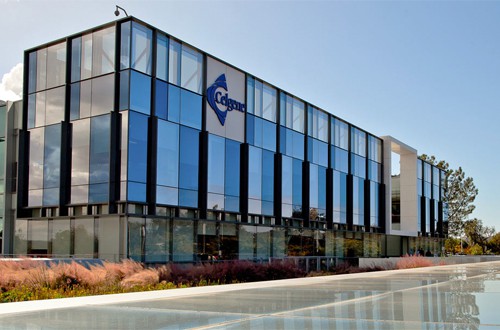
Celgene is spending $45m to buy a minority stake into the Australian stem cell drug manufacturer Mesoblast.
The Sydney-based firm’s shares jumped 24% – higher than at any time in the past decade – as it agreed to sell a minority stake to US-based oncology specialist Celgene for A$58.5m ($45m).
This would mean that Celgene would be purchasing about 4.5% of Mesoblast.
Celgene, which markets the multiple myeloma drug Revlimid, will gain a six-month right of first refusal on Mesoblast’s stem-cell product candidates for conditions including inflammatory bowel disease and certain oncological ailments.
“They are a world leader in immunology and oncology with very strong franchises. It makes sense for some of our leading products in those indications to be potentially partnered with Celgene,” Mesoblast’s chief executive Silviu Itescu said.
“This agreement provides an opportunity for Celgene to add to its leading cellular and regenerative medicine pipeline,” said Celgene’s COO Mark Alles.
Mesoblast’s chief executive Silviu Itescu, told reporters: “They are a world leader in immunology and oncology with very strong franchises. It makes sense for some of our leading products in those indications to be potentially partnered with Celgene.”
Mesoblast has a number of drug candidates late-stage trials, including one product for treating acute graft versus host disease, a complication that can occur after a stem-cell or bone-marrow transplant, with another is for refractory Crohn’s disease.
Mesoblast already has a number of pharma tie-ups, including with Japanese firm JCR Pharmaceuticals and Israeli generics giant Teva.
Stem cell research is still in an early stage of development with its potential yet to be fully tapped.
The biotech industry, which is predominately running trials in this area, did receive a boost in February when Europe approved its first stem cell derived treatment.
The approval was for Chiesi’s Holoclar (an ex-vivo expanded autologous human corneal epithelial cells containing stem cells), for moderate to severe limbal stem cell deficiency (LSCD) due to physical or chemical burns to the eye(s) in adults.




